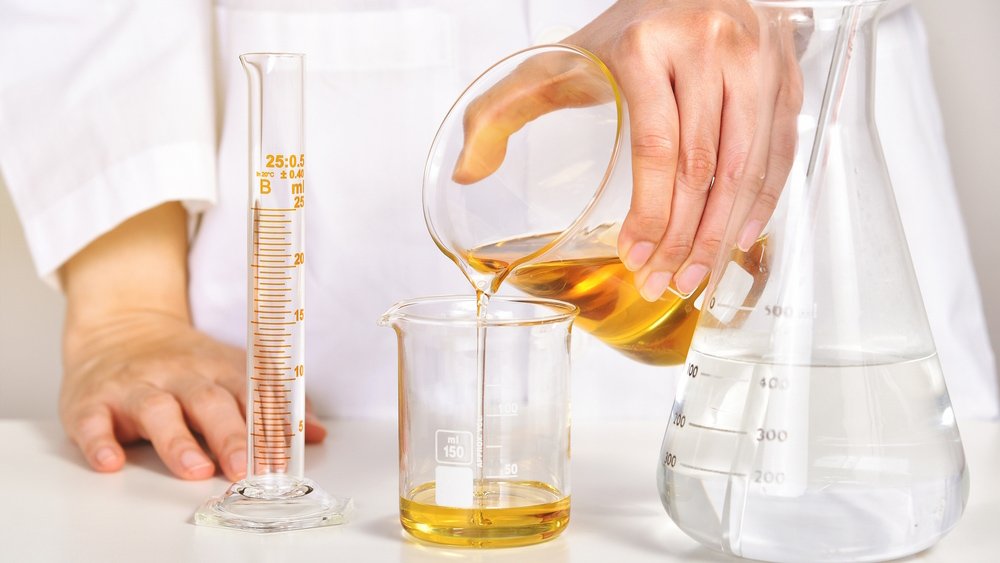Biomanufacturing has been a relatively niche concept until now, but with a new influx of $2 billion from President Biden, you can expect to hear more – make that a lot more – about it. He is championing the National Biotechnology and Biomanufacturing Initiative, and recently hosted a White House summit on the topic.
An entirely new take on the traditional industrial manufacturing process, biomanufacturing aims to be a more sustainable and scalable approach that replaces huge equipment, caustic chemicals, and dangerous byproducts with the machinery of nature. While there are many different techniques under the biomanufacturing umbrella, one of the most common is using microbes to build stuff. The approach has many virtues. Many expensive and extractive processes may now start to move toward biochemistry, with hugely beneficial impacts on environmental impact, overall costs, and supply chain efficiency.

If that sounds like science fiction, think about the last pint of beer you drank. It was brewed with the help of yeast, which ferments ingredients into alcohol. With the rise of synthetic biology, scientists have found that they can engineer yeast and other microorganisms to produce more than just alcohol: fibers, enzymes, and components needed for medicines are a few examples of early successes. We heard about this at Techonomy NYC in 2018, when the CEOs of Novozymes and Amyris spoke about how their companies have used environmentally friendly biomanufacturing methods to create laundry detergent, medicines, and skin creams, among other products.
All of that makes it a cool tech story, but why the interest from the White House? For many people whose work touches the nascent biomanufacturing industry (like me), there has long been a belief that this could be a major economic driver in the coming decades. The tech revolution that gave us Facebook and Amazon was a huge boon to cities and the coasts, but it left behind much of middle America and deepened financial disparities in the country.
Biomanufacturing, on the other hand, could offer opportunity to a much broader range of communities. It has points of entry for people with a wide variety of skill sets and levels of education, from highly specialized biological engineers who create the microbes to workers with minimal training to feed and care for those microbes. It also doesn’t require huge factories or extensive infrastructure. Basically, if you can set up a microbrewery, you can probably set up a biomanufacturing facility.

Much of the funding will flow through the Department of Defense. Fully half of the money will go toward ramping up biomanufacturing capacity in the next five years; that $1 billion will be used to support manufacturing for products needed by commercial and defense-specific supply chains. In addition, DoD will get more than $270 million to invest in research projects to support the development of bio-based products, plus $200 million to shore up biosecurity and cybersecurity. The U.S. Department of Agriculture will get in on the action too, with $500 million to award new grant funding for environmentally friendly fertilizer production. Additional funding will go toward biomanufacturing for medicinal components as well as to broader initiatives designed to support the biotechnology field, the growing bioeconomy, and training for people who want to be part of them.
For years now, the biotech community has been pushing for a major government investment to accelerate the trajectory of biomanufacturing. With this award from the Biden administration, we could finally learn whether this new approach will be as transformative — not only for manufacturing but also for sustainability initiatives — as proponents hope.
(This topic will be featured at Techonomy 2022 in Sonoma, California, Nov. 13-15, with a presentation by Edward Shenderovich, about his innovative biomanufacturing startup Synonym.)
















